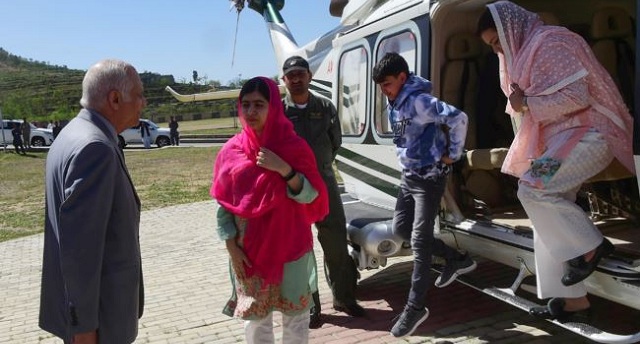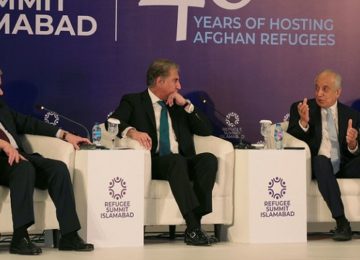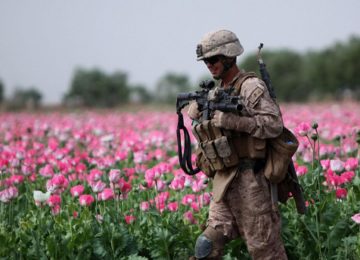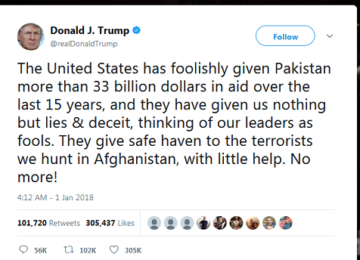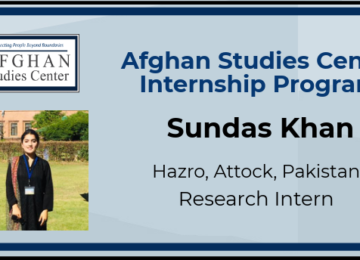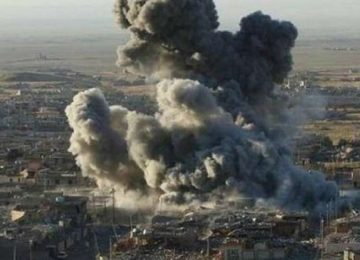Nobel Peace Prize laureate Malala Yousafzai ended a surprise, four-day trip Monday to Pakistan.
It was the first time she had been back to her home country since she was shot in the head when she was 14 by the Taliban who wanted to quash her efforts to promote a girl’s right to an education.
Yousafzai is now a 20-year-old student at Britain’s Oxford University and the co-founder of the Malala Fund that has invested more than $6 million in projects supporting the education of girls.
In an exclusive interview with Ayaz Gul for the Voice of America, Yousafzai said it was important for her to come back to Pakistan. “In the outside world, internationally, there are concerns that Pakistan is a terrorist country or there is no peace in Pakistan,” she said. “So, my trip was important to give the message that there is peace in Pakistan and the people of Pakistan have stood against extremists.”
Yousafzai became overwhelmed when she delivered a nationally broadcast speech upon her return. “I usually don’t cry . . . it is very rare for me to cry … I wanted to share my happiness . . . I was happy to be home . . . I wanted to be home . . . I was so desperate to see my land again . . .I think it was something that i just could not control and I cried.”
Her hometown is the town of Mingora in Pakistan’s luscious Swat Valley and she said it “is still as beautiful as it was.” She was able to visit her room in the house where she used to live. “I saw my old school trophies, my drawings and I just tried to remember each and every day and how we lived in that house before I was attacked, you know, remembering the family time, having dinner together and lunch together, playing with my friends and playing cricket on our rooftop.”
Yousafzai’s fund has already built a school in Swat and she says schools are needed to fight extremists. “There is that extreme mindset . . .and in order to protect children from that kind of mindset we have to make sure that children are in school, in safe schools where they are getting not just education, but quality education.”
She said it is especially important for a girl to be in school because if not, “. . . she is more likely to get married at the age of 13 and 14. She is more likely to be in child labor. She is more likely to be in poverty. She is more likely . . .not being able to speak out for herself if she is facing any harassment or any violence. So, education is a protection for girls.”
Yousafzai said when girls are educated, “. . . it contributes to the development of the country, helps us tackle the climate change, poverty. . .It has so many benefits not just for that one specific part, but the whole country and then globally, as well.”
This story originally appeared on the Voice of America Website on April 2, 2018. Original link.
Disclaimer: Views expressed on this blog are not necessarily endorsed or supported by the Center for Research and Security Studies, Islamabad.



